“When you are young and you have no husband or wife, or kids, or house, or job you can just get out and go. You can sleep on couches, shower in truckstops, eat all your meals out of cans, because you are resilient and you are more open to the experience.”
Jeff Luker has been with us since issue #1 rolled out of De Resolutie’s printer and we thought it was about time to have a chat with the thirty year old photographer from Plympton, Massachusetts. Jeff does what we dream about, using his travel bug to create a beautiful, free spirited body of work that he was able to translate into something Urban Outfitters and Levi’s got just as excited about as we are.
Hi Jeff, could you tell us a little bit about yourself?
Hi, my name is Jeff Luker. I just turned thirty years old a couple weeks ago. I grew up in a very small rural community on the South Shore of Massachusetts called Plympton. We had a farm with goats, chickens and horses. After high school I studied filmmaking with a minor concentrations in creative writing and photography. As far as childhood memories, I don’t know if I have a favorite but there was one time when my grandparents took my whole family to the Dominican Republic. There was this beautiful Spanish woman who would ride her horse up and down the beach. She became friends with the family and would give rides to all the little kids. I have this memory of being on horseback in this woman’s arms as we galloped full speed down the beach right at the edge of the surf and I remember looking down and having the sensation of flying above the water. It was an impactful image for me.
It’s been a while since we printed your work in issue #1. What have you been up to in the meantime?
I guess it has been awhile. I remember having that first issue on my coffee table in Brooklyn, where I was living at the time. Since then I have been traveling a lot for work and personal work and taking photos and trying to just live and eat organic produce and be a nice person and all that stuff. I moved back to the West Coast and live in Portland, Oregon again. New York was fun but I just needed to be out in the West and in the open spaces and air and I like being close to the Pacific Ocean.
Your photographs prompt us to pack our bags and leave, how did you come to that decision yourself, what started your travel bug?
I grew up in a small town and didn’t get to travel too often as a kid. I went to college in Boston which was 45 minutes away from my hometown. After college I was stuck back in my hometown and a couple buddies of mine also had to move back home after school and we were trying to figure out what was next for us. We ended up somehow coming up with the idea of the quintessential cross country trip. So we painted houses and saved up and borrowed a family car and set out with our camping stuff. I remember our first night we got to Gettysburg, Pennsylvania and looking at the odometer and realizing this was the furthest I’ve been from home in a car, and the moon was giant and pink and everything felt new and slightly dangerous. I think that was when the bug first hit. And then that whole trip living on the road for months and staying with friends and camping out, it made me realize the world was wide open and filled with possibility. And after that I just wanted to keep that feeling alive and constantly be seeing and experiencing new things.
It looks like you are on the road a lot, we try to inspire people with the wish to leave to pack their bags and walk out the door. What kind of advice do you have for them? How do you manage to be on the road so often?
I guess I would tell people to do it when you’re young. As you get older life gets more complicated and you have more obligations and you and your friends will become less adventurous. And I know there are people who are older and married couples in airstreams or whatever with their kids traveling the country and Instagramming and all that. But that’s the problem when you get older you suddenly need a purpose for your adventures, it has to be about a project or a blog or an Instagram feed. And that’s fine, I get it, you have responsibilities, you can’t just fuck around and be a vagabond or you will get a certain stigma attached to you. When you are young and you have no husband or wife, or kids, or house, or job you can just get out and go. You can sleep on couches, shower in truckstops, eat all your meals out of cans, because you are resilient and you are more open to the experience.
As for me, I’m on the road so often partially because I am extremely fortunate to have a job that offers me the opportunity to travel to take photos. But I have also tried to create a lifestyle where I have a simple enough life where I can travel often, I work freelance, my girlfriend loves to travel as well and I don’t have a family to support or any pets to take care of, so it is easy to just pack the car and go.
How do you support yourself on the road?
I don’t support myself while on the road, I just work as often as I can and just try to save for travel and not buy things I don’t need. Then I look for cheap flights and try to camp as often as I can when I’m on the road so it is not expensive. If I can get a flight somewhere for a job, I piggyback off that and then travel after my shoot. Life on the road is usually cheaper than life at home, cause you don’t go to Wholefoods everyday or out to the bar every night, or get bored and shop on the internet.
Who are your subjects and why do you point your camera at them?
Unless it is for work with professional models, it is always someone who is important to me in my life, friends, family, girlfriends, and so on. I always loved the idea of photographers who make confessional work like Nan Goldin, I was always interested in documenting the feeling and places I was with these people at that point in time. Its weird, it was always a journalistic/documentary approach to making work about my own life, because I was compelled to and now it serves as this actual historical account of my life, like oh I remember being there with my friends that day and this happened and now those friends have moved away or couples have broken up, things really do change quickly.
I had this blog for a while called “Stealing Horses” and it was just like that, just snapshots of my friends and travel. This guy I was friends with, a German photographer, told me that there is this German expression “Someone you could steal horses with,” which means it is a friend you can count on for anything in any situation. I didn’t know that when I named the blog but it made sense to me after that, cause it was like wow that is really exactly what the work was about, growing up, friendships and venturing out into the world.
Where do you get your inspiration from?
I get inspired by lots of different things outside of photography. When I was making photos in college I had this idea that photography could be like folk art, I wanted it to feel like it was handmade. So I look at lots of different artwork, books, music.
Films are a huge one for me, I love movies, I was really into arthouse films for a while, but now I have a growing interest in mainstream cinema that is able to incorporate artistic sensibilities into a wider reaching story. Emmanuel “Chivo” Lubezki, the cinematographer, he is a big inspiration, he can shoot anything and make it look beautiful. I like when people’s art and sensibilities carry through into whatever they make.
Why is photography your medium? What is so special about it? Have you ever tried other media to tell your stories?
Sure, I have tried writing and filmmaking as other mediums and I think they are both great, but photo is a simpler way to tell something, a whole story or idea through one image. When you look at the quality of some great photos and what they capture, it is really everything lining up perfectly, the subject, the light, the time and place, and the idea of someone being at that exact moment in time to capture it. It’s about being there. I mean sure it can be a preconceived idea, for work you cast, location etc. But actual real photography in its purest “Henri Cartier-Bresson” form, is like fly-fishing it’s a mix of luck, skill and putting yourself out there.
But I am getting back into filmmaking again to. I think cinema is the ultimate art form, but when I was in school, I just felt like I wasn’t in the right stage of my life to make narrative films, but now I am feeling like I want to dive back into it. I directed a TV commercial last year and it was pretty amazing, being able to be behind the monitor and being able to be one step removed from dealing with the technical side of things. So I want to do more of that, and then eventually make some longer narrative films.
Do you travel for your pictures or travel with your camera?
It’s kind of the snake eating its tail, they have become so symbiotic at this point. I definitely go places that I think will be great to photograph, but I also just always have a camera with me and a lot of times I don’t take photos if I’m not feeling it. I think I just look for places that I want to see or explore and then I go and check it out. There are a few personal projects I’m working on right now where there are specific places I want to shoot photos. Sometimes though the photos are the unplanned ones, the happy accidents.
When you travel, what gives you the most satisfaction?
I love the feeling of escaping from the monotony of everyday life. You don’t think about bills, and work and cleaning your house, your mind just becomes actively engaged in your new surroundings as they appear to you. I guess they call that feeling “freedom”, haha. That is why I love travel.
Any exciting trips planned? Any projects?
I’m trying to plan some stuff coming up. I’ve been traveling a lot all summer so haven’t had much time to think ahead. I am working on some personal projects that I am shooting for continually. I have been working on this project about the ocean, so am hoping to go on some more trips for that this year.
What is your most memorable moment on the road? And what is your least favourite moment?
I don’t know if there is really one moment alone since, I have been on so many roadtrips now. It really tends to be collected things I remember: stars at night in Arizona, thunderstorms over mountains in Wyoming, hot springs in New Mexico, grizzly bears in Montana. Its kind of just of a collage of places and times and feelings.
I think least favourite moments are when things get dangerous and real, like injuries when you are in the wilderness or scary near death experiences, like wow I almost fell off that cliff or getting caught in an ocean current. You really have to be careful on the road, and sometimes you get tired or do stupid stuff. But hopefully you learn from your mistakes and become wiser, isn’t that the whole point of travel, gaining new experiences and knowledge?
When you’re traveling, what is the first thing you do when you wake up?
It really depends where I am. If I am in a tent, I love waking up in the morning and seeing the light coming through the trees. My tent has a screen top, so you can always look up at the sky if you don’t have the rain fly on it. I love waking up in the woods, it feels so natural.
If there was a phrase that you think best sums up your approach to a life of travel, what might it be?
“Live, travel, adventure, bless and don’t be sorry.”
How do you hope to grow as a photographer?
I hope my work continues to mature as I do. I think early on, people thought of me as a person who takes photo of kids, but I was just holding up the mirror to my own life, that was my age and those were my friends, so I just want to be able to continue to work that is self-reflective and not dictated by trends in the industry, and keep growing the kind of work I want to make.
I also really enjoy new challenges, like shooting stuff for work that I wouldn’t normally but making it my own vision, like I shot basketball for Nike, and for me that is so foreign, just cause I never played basketball or really watched it growing up, but to be able to study it and think about how I wanted to document it versus how it is usually done, it was a creative challenge and I had a lot of fun doing it. So I like that kind of stuff, broadening the oeuvre but keeping the work true to your vision and process.
If you could go anywhere in the world, where would it be, who would you take and why would you want to go there?
I really want to go to Easter Island. One night I watched a documentary on it, and then I just became quite obsessed with the thought of it and started watching and reading everything about it. It is so mysterious, the origins, the disappearance of the people, why they built the statues. Then I was talking with my friend Mackenzie one day, and he mentioned how he wanted to go to Easter Island, and I was like wow, I’ve been thinking that too. He’s a really brilliant artist and a lot of his work focuses the supernatural, so it would be amazing for us to go together.
What, besides a camera and some film will you always chuck in your backpack before leaving home?
Nothing too specific, kind of depends on the trip. For a long time I alway had a piece of rose quartz from my Dad and a St Christopher medal from my family, in my backpack, both are supposed to offer protection. I’m kind of a superstitious person to be honest. They might still be in my old bag, I never empty out my backpacks completely because I travel so much. It’s a bad habit if you camp a lot, I one time accidentally left my camping knife in my the bag I was going to be carrying on to an airplane. I thought it was gonna be a huge deal, but they were super cool about it and helped me mail it home.
You have worked with some big brands in the industry. How did you start out, what would your advice for young photographers be?
I never wanted to be a professional photographer or had any idea about it as a career. After I got back from my post-college road trip, I worked for a bit as a production assistant on films in Boston, I was in art department mostly, so props and stuff, and it was fun. But then I had a bad break up with a girl, and I was really heartbroken and I just had to leave so I moved to New York. And in New York the film work there was much harder to get so I just started interning and assisting photographers and working at fashion magazines. It was a fun time. But I met another girl and she was going back to the West Coast, so I tried to drive out there to be with her, but it wasn’t like the movies, it didn’t work out haha.
But I stayed out west and was able to travel more and keep taking photos and I was making zines and blogs and stuff, and people just really dug the work. And I was just making photos because it was a fun thing to do and it made me so happy, there was never any intention to be a professional photographer or do advertising or anything, I was just photo assisting or doing odd jobs in order to pay for film and to keep shooting.
Then people started really paying attention to the work, and wanted to offer me jobs, and I had no idea about any of that stuff. You have to remember when I was first starting out there weren’t so many people taking photos or Instagramming, the scene for sort of newer, young art photographers was kind of small relatively speaking, a lot of the same people were in group shows, or on the same blogs, we kind of knew each other.
And I think photography that was a little different or had new ideas really stood out. I think the big trap of photography right now is everyone just absorbs each others idea and recreates them. It’s all very mechanical, someone sees a photo they like on the internet or Instagram and then goes out and makes their version of it. It’s quite bizarre, it’s like modern photography is a series of memes.
So nowadays it’s really hard to stand out or make new unique work. I got really lucky timing wise, I got to work on some pretty big projects very young. Which I think is important to make stuff when you are young, your energy is different, the way you see and think about the world is so much different, your filter for bullshit is different, you really pour your whole heart into things, it’s very pure. But you are also naive about everything which is good and bad, the work comes from a better place, but the understanding of the industry is not quite there. There are lots of politics involved and when I was a twenty four or twenty five year old kid, I definitely burned some bridges by being a bit too “strong willed”, but your live and you learn.
Now I feel much more “professional” which is valuable. I’ve been on so many big shoots, I know the expectations, I know how to behave on set. I think a lot of people don’t realize the pressure on set and making all these creative decisions you have to make on the fly with other people’s money. People assume, it’s just a very easy job, taking pictures, and in some regards it is, but there is much more to it.
Wow, this is getting a bit long winded. But basically what I would say to people who really want to be a career photographer, is make sure you really want to do it, when you love something really deeply and then you have to turn it into something to generate an income, it can change your relationship with it and it will probably never be the same, because when you have to put yourself and your work out there and when it gets rejected or you don’t get hired it can feel very personal. Secondly, just make the work you want to make, take the photos you want to see. Don’t pay attention to what is trendy or try to make work that you think will get you hired, because at the end of the day, if you get the job or not, you have to live with and love your own work, if you are making stuff that you don’t care about, it is usually pretty apparent in the work. So I always tell people who ask for advice, just work on a project that makes you excited. That was a big “aha moment” for me as well, after school and suddenly there are no more assignments and all parameters are gone, you can just go out and make whatever you want to see in the world. That is what is so beautiful about art, the ability to envision something and then make it.
What is the best advice you ever had as a photographer?
I’m not sure if I’ve had great advice given to me but one photography quote I always come back to is one by Elliott Erwitt:
“Quality doesn’t mean deep blacks and whatever tonal range. That’s not quality, that’s a kind of quality. The pictures of Robert Frank might strike someone as being sloppy–the tone range isn’t right and things like that–but they’re far superior to the pictures of Ansel Adams with regard to quality, because the quality of Ansel Adams, if I may say so, is essentially the quality of a postcard. But the quality of Robert Frank is a quality that has something to do with what he’s doing, what his mind is. It’s not balancing out the sky to the sand and so forth. It’s got to do with intention.”
I love that quote, even though I actually really love and respect Ansel Adams’ work, and in truth if you know anything about him he had a very pure he had a very pure intention when making his work, his images just got too popular, not by his own doing.
But I think the larger idea of what he is saying is that great photography is as much about the process and mindset with which it is made is really true, even more so today when we live in this digital era where everything is mechanized and perfect, because of that we lose a bit of the humanity in photography, I love grain, I love blur, I am a big fan or imperfection in photography because it is such a mechanized artform, we need to have to some feeling of connection to the photographer, whether that is through the subject’s gaze, the point of view or the intensity and way the moment is captured. Listen, I respect and appreciate perfect lighting and correct ratios and all that, it is an amazing skill, but the end of the day it is something that can be learned, you can’t teach people a voice or a point of view, that is uniquely personal.
You just released a book called ‘Slow Days’ with Empty Stretch. What’s the work about? In this digital era why do you choose to present your work in book form?
The work is a collection of photos taken over the last five years. The work is really a mix of personal work from all different places, but it is unified in its theme, its small moments and big sweeping landscapes, it has a meditative quality to me because it is sort of a scrapbook of the past five years, friends, places. It is not in sequential order, just these little vignettes, in a way I think I wanted it to be in life how in life you remember back on things, it’s never completely linear, it’s just little bursts of memories.
And as far as the book idea, I love books, zines, paper things, objects, it is always how I think my work is best. I’m not really a single print photographer and I’m not a digital guy, I like to see photos in sequences that can be read like a story.
I met Jordan, one of the Empty Stretch founders, last year when he was traveling through Portland. He was a really cool guy and they are passionate and kind of punk rock in their approach, so later we talked about it, and I thought they would be great to work with.
What is your favourite photobook? Why?
William Gedney’s What Was True. It’s just brilliant, his photos are so quiet, subtle and beautiful, I can’t really explain it, just take a look at it.
Any famous last words?
Thank you, Rebecca.
Who should we interview next?
Ryan Kenny.
Interview by Rebecca Rijsdijk
Photos and words by Jeff Luker


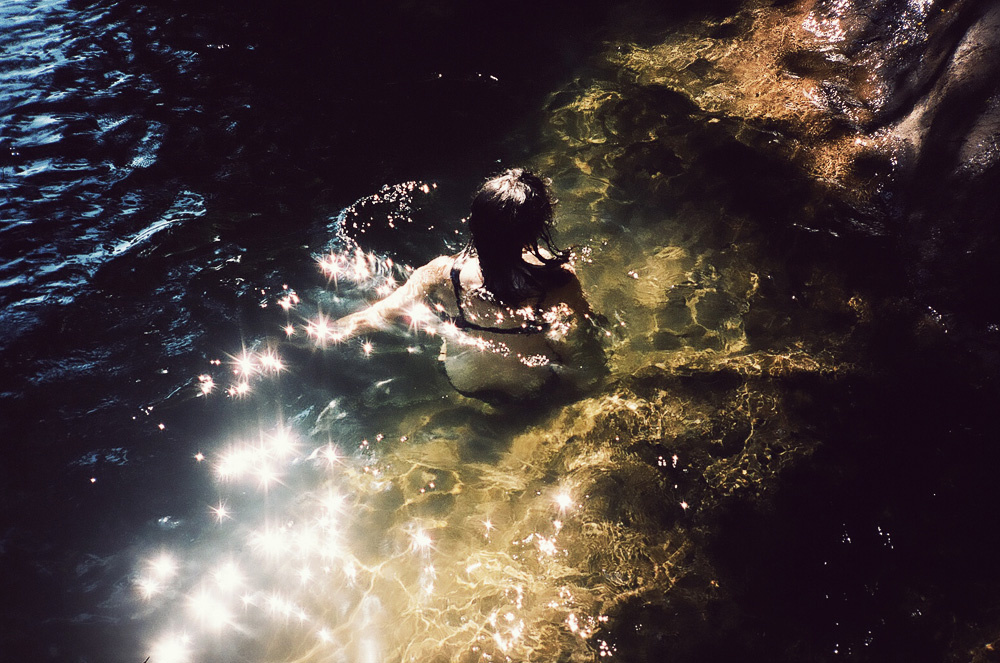
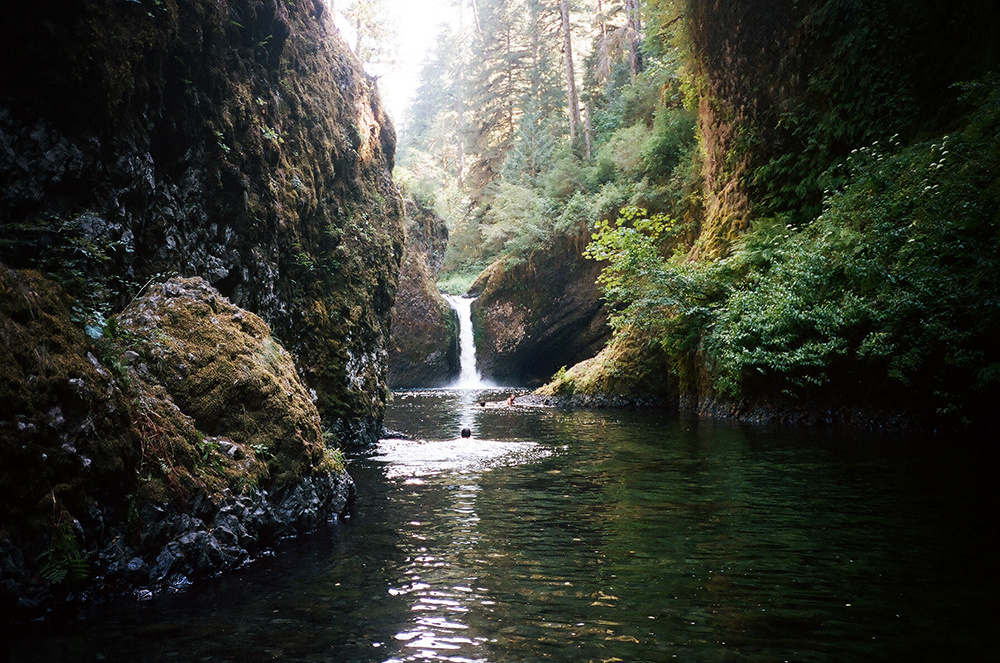
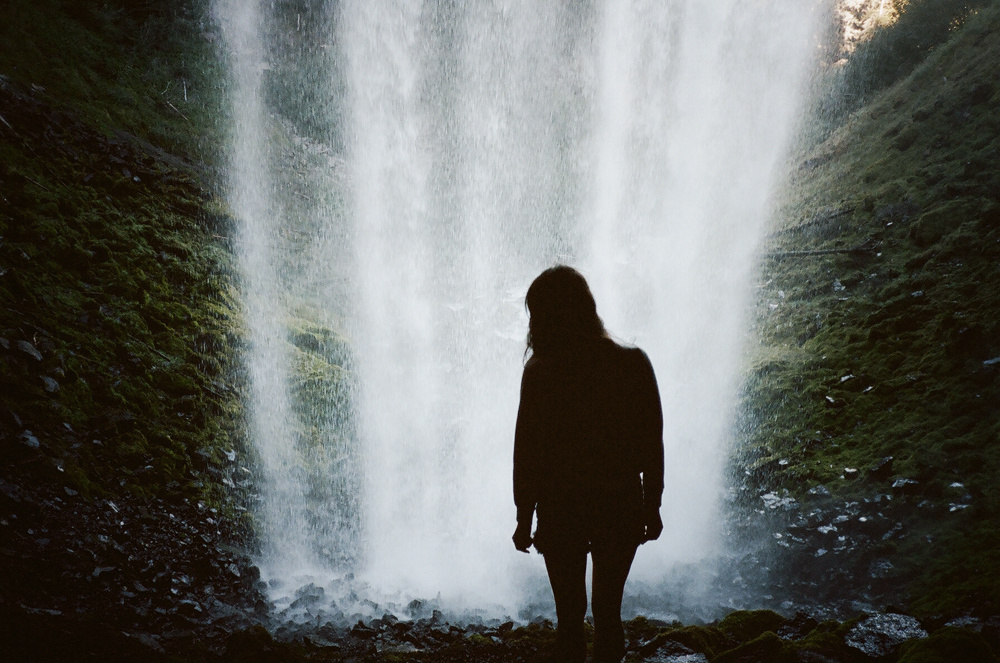
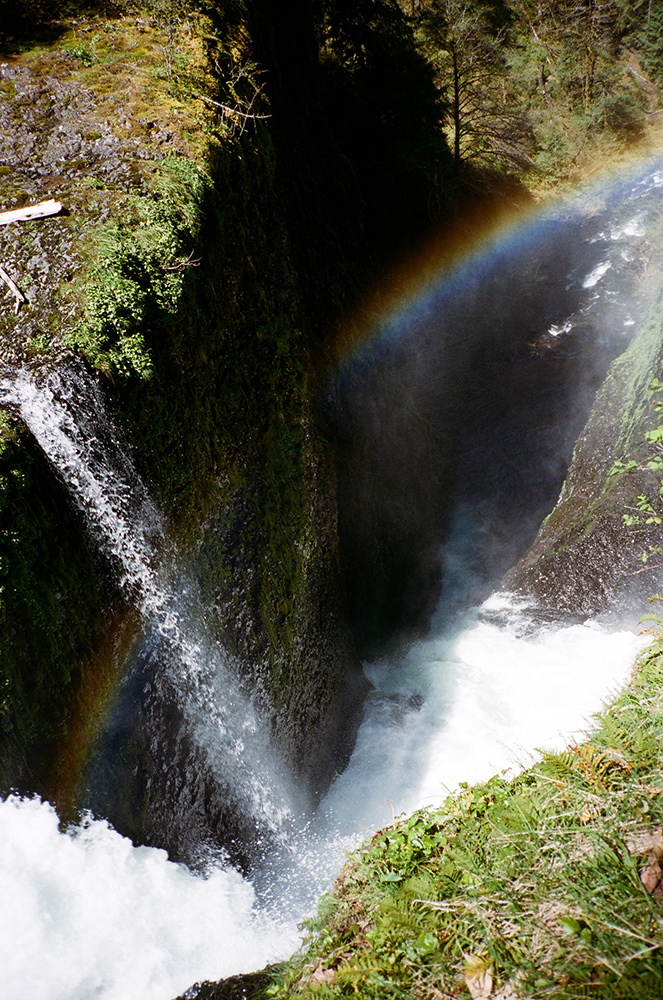
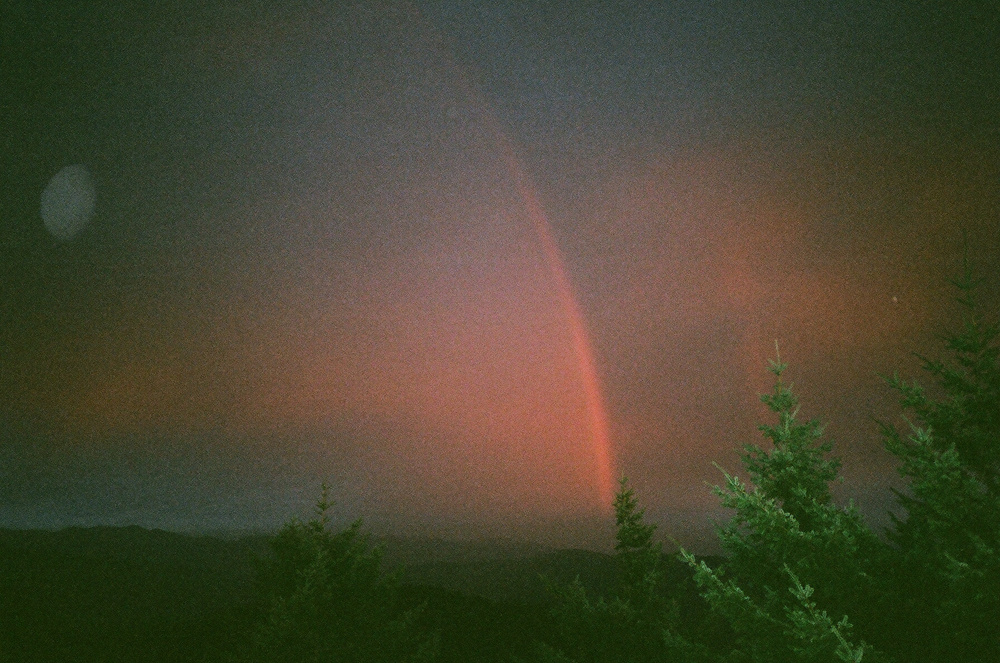
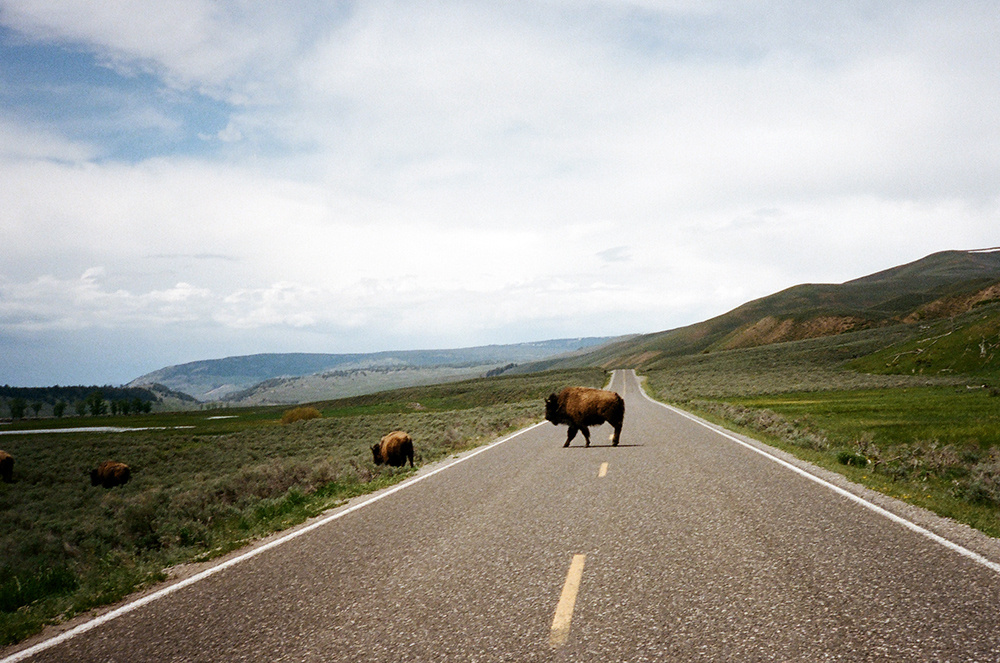
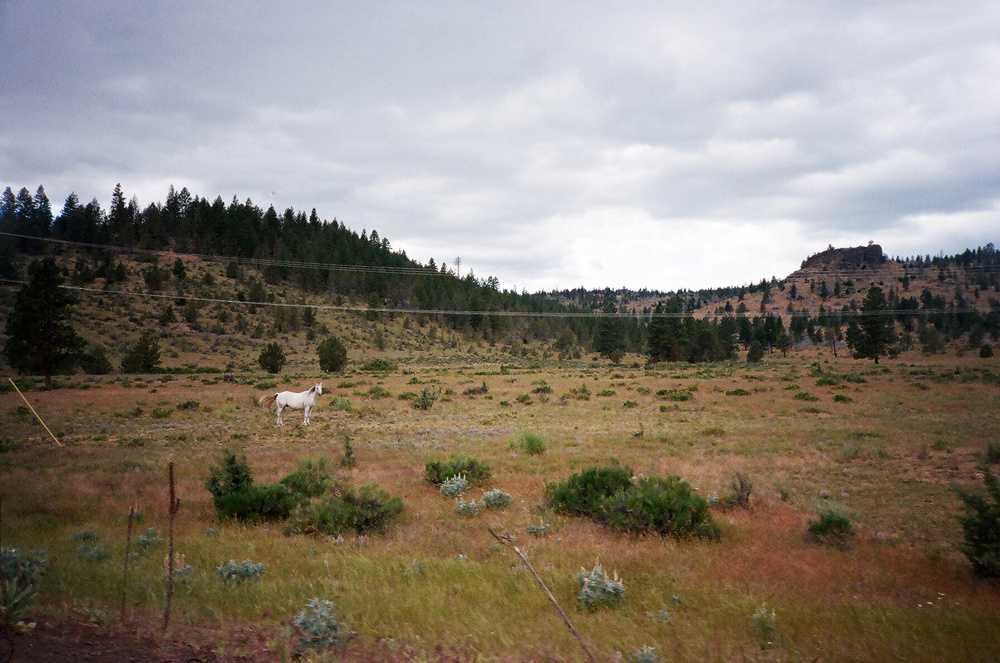
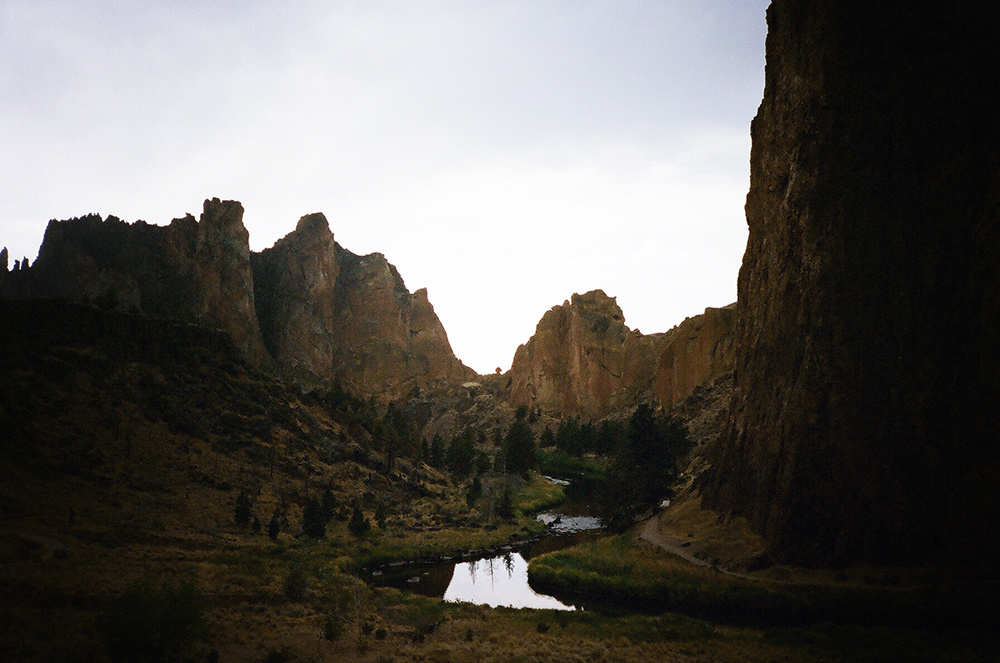
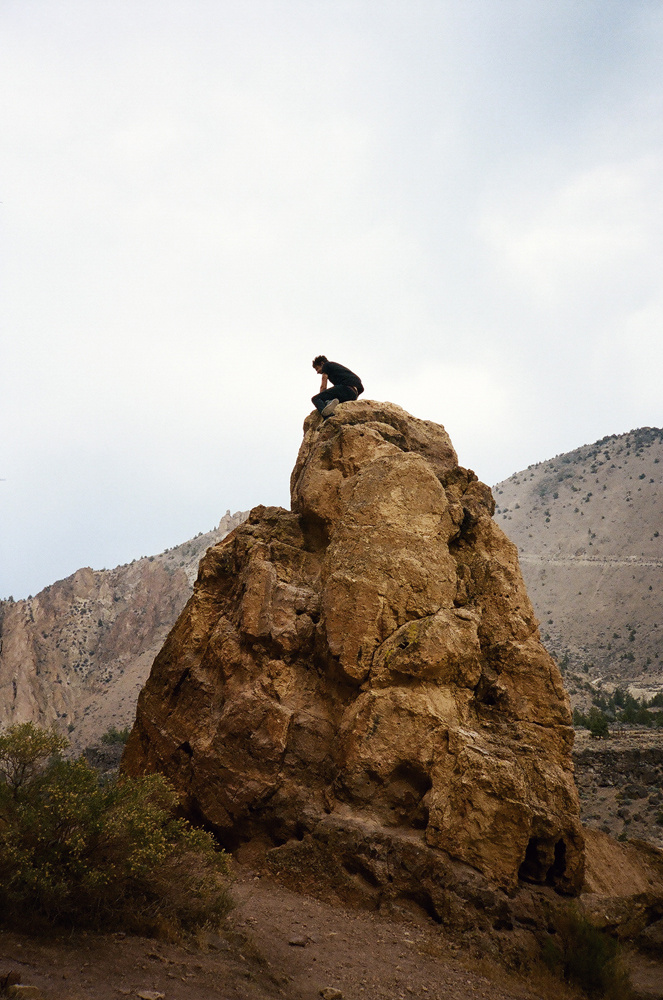
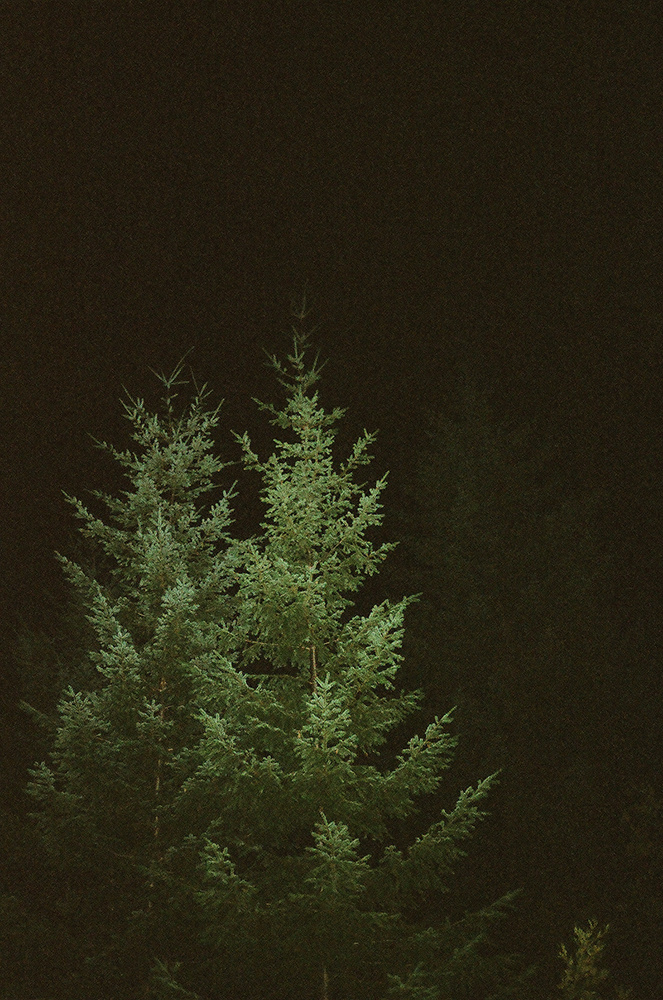
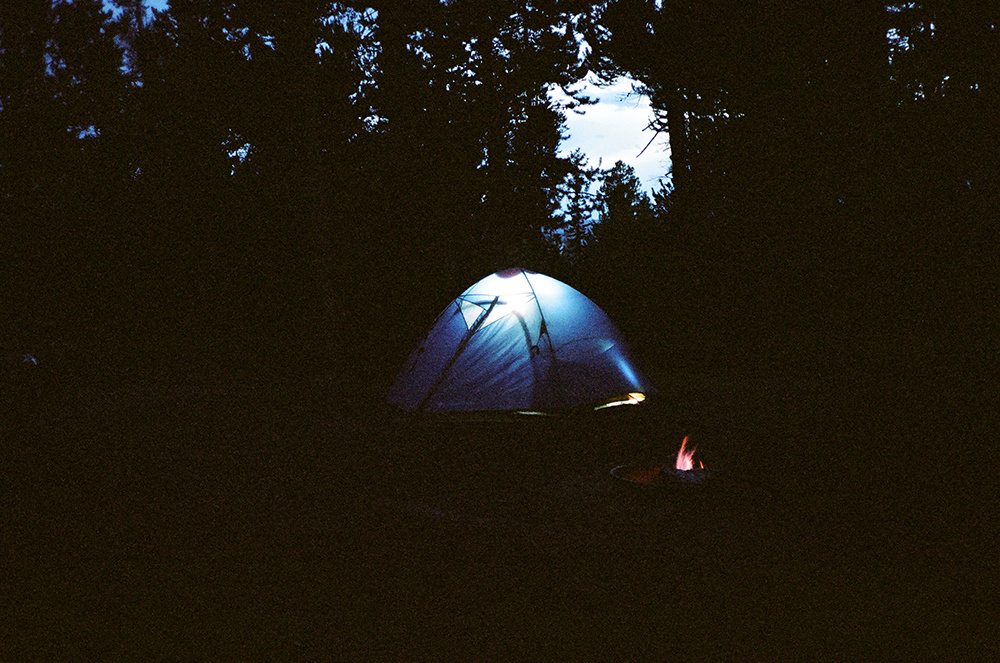
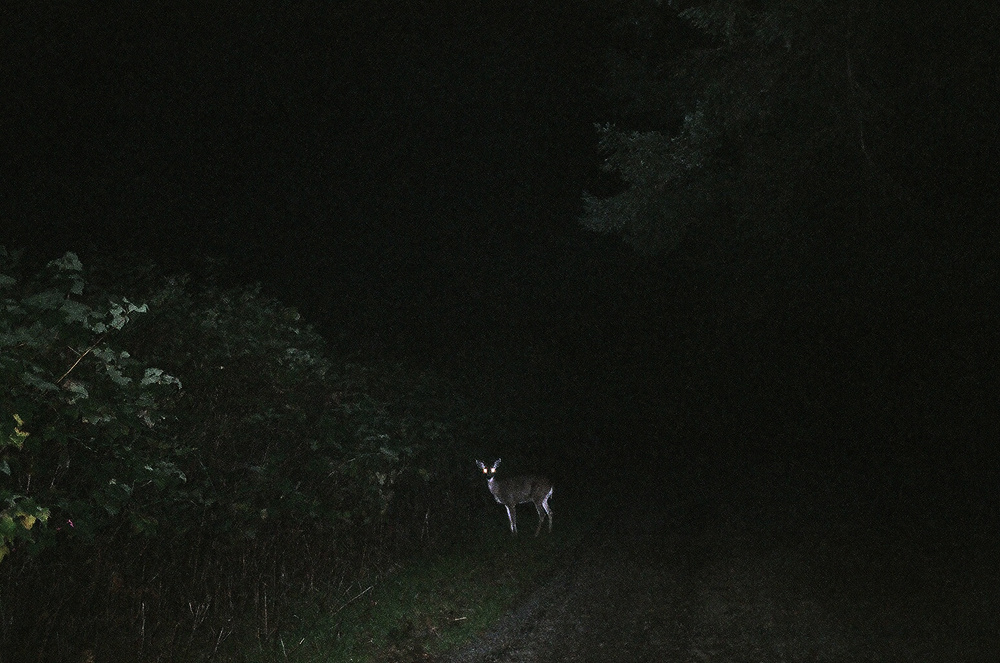
The Matrix Auditor says on August 20, 2015
Some lovely majestic shots!
LikeLiked by 1 person
sundaymorningsattheriver says on August 20, 2015
yeah, this guy is amazing :) thanks for commenting
LikeLike
Jack Chauvel says on August 22, 2015
Very inspirational, thanks for the awesome article. I love the philosophy and the words, not to mention the photos.
LikeLiked by 1 person
sundaymorningsattheriver says on August 31, 2015
thank you for taking the time to write to us Jack
LikeLike